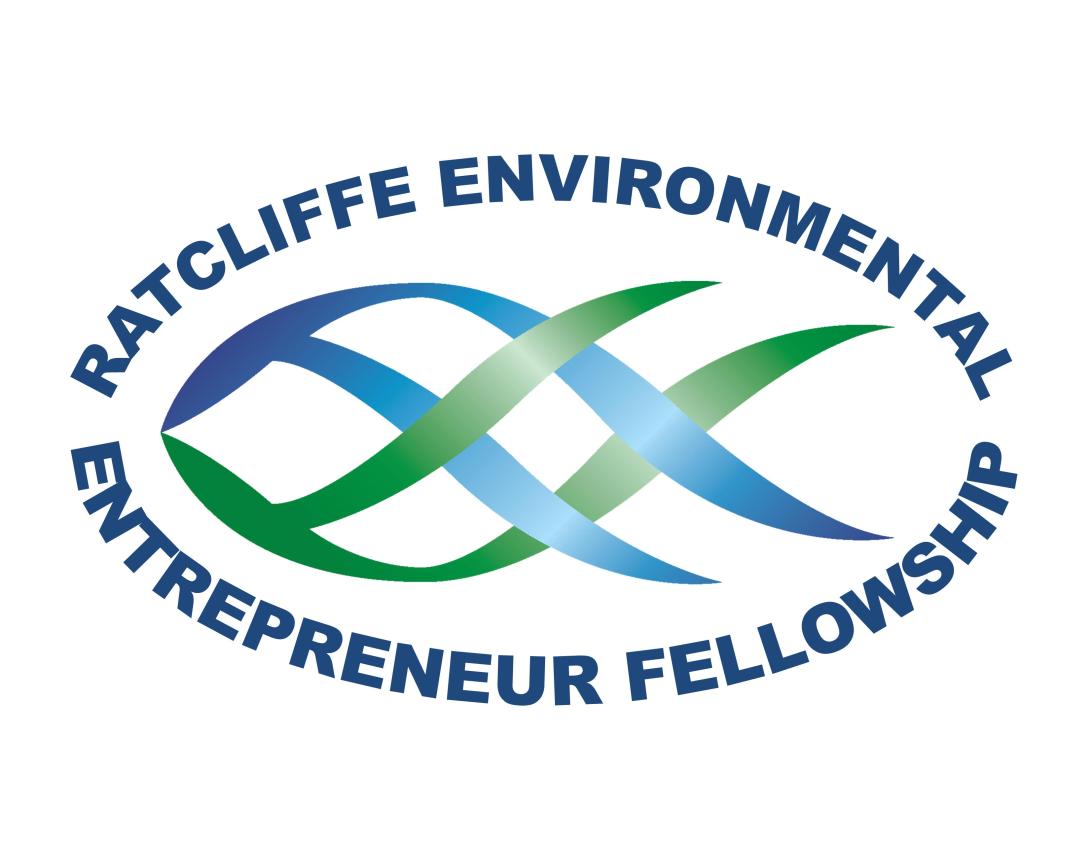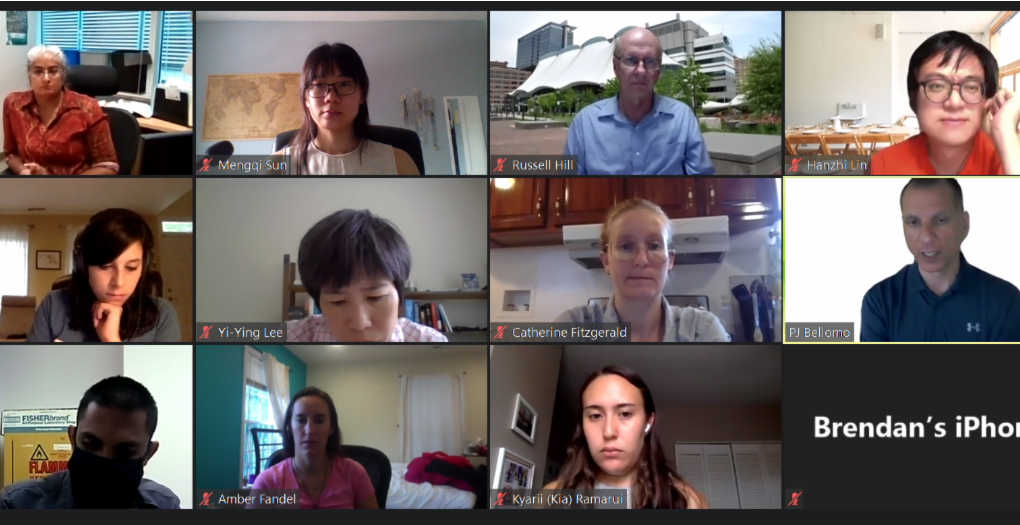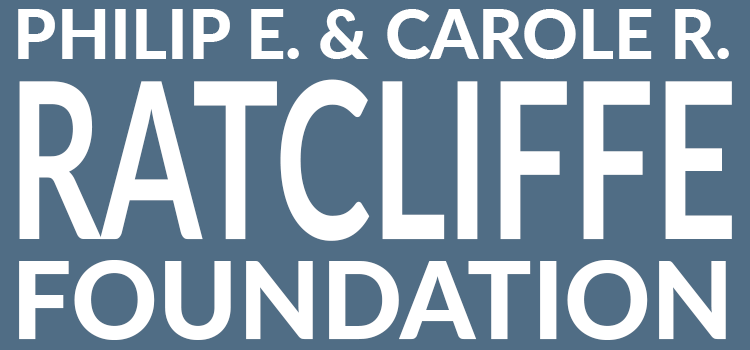REEF teaches science students to ask critical business questions

Before you start a business, what questions must you ask? This was a major topic of discussion at the November session of IMET’s Ratcliffe Environmental Entrepreneur Fellowship (REEF) program. Questions ranged from the technical – Does someone else hold a patent for a similar technology? – to the personal – What is my risk tolerance? By focusing on what questions to ask and why, REEF prepares students to apply entrepreneurship concepts to a wide range of potential business ventures, as well as careers in academia and industry.

Since 2014, the REEF program, supported with funding from the Ratcliffe Foundation, has been teaching scientists business skills to scale environmental solutions beyond the laboratory. In 2020, the program has continued with two changes: all sessions are now held virtually due to the pandemic and there are two postdoctoral fellows in the class. IMET Assistant Director Dr. Nina Lamba said, “Everyone in the sciences can benefit from learning about the business side of science and innovation so we were very excited to include postdocs in the program this year.” One of these postdocs, Dr. Hanzhi Lin, is using his extensive experience in microbiology labs to assess a product idea that will help scientists and others: an easily accessible computer program that will count microbial cells on a plate.

Hanzhi is one step ahead in the process of developing the idea and the plan – not only is he a microbiologist, he has experience developing computer code for analyzing scientific data. Other REEF students are developing various ideas in areas including personal care products that are more environmentally friendly, to new technologies that will support the expanding aquaculture market. There are many avenues that each of them will need to explore to find answers. This leads to one of the most important questions to consider when developing a business plan: Who is your customer and what do they need? Nina provided students with tools and strategies to answer this at two scales. REEF students explored business databases to get a picture of broad market trends and opportunities. To learn more about their customers, the class discussed the process of interviewing people about their needs and concerns. Combined, this information will help budding entrepreneurs identify their market, optimize their products, and reach their customers.
After a discussion of customer discovery, the group was joined by Dr. Tom Allnutt, who was an early employee of Martek Biosciences (now part of DSM), which produces a compound from algae that is in almost every infant formula in the country. He later was a program officer for NSF’s Small Business Innovation Research program, which makes grants to scientific entrepreneurs, including several REEF alumni. With this experience, he brought up other important questions.
First, Tom advised entrepreneurs to ask themselves, “Who else’s experience do I need?” REEF gives IMET’s sciences students business skills, but they may find that they need someone with expertise in marketing or operations, for example, while they focus on the scientific aspects of the business. Tom also encouraged students to ask themselves, “What’s my risk tolerance?” Entrepreneurship comes with risks and it is important for students to think about whether they will be okay with that. Still, he reminded students that, given the challenges of securing a faculty position, academia is not a riskless endeavor either.
The 2020-2021 REEF students will ask themselves Nina and Tom’s questions as they develop their business pitch over the course of this academic year and as they consider their career paths. Catherine Fitzgerald, a graduate student at UMCES’ Horn Point Laboratory reflected, “Whether I remain an academic researcher, move to a research industry, work in policy, or start a business myself, I'll need to understand how business partners and stakeholders operate in order to accommodate their perspectives and needs in, for example, environmental management decisions.” The skills developed in the November REEF session and subsequent sessions will certainly help Catherine and the other students along that path.
